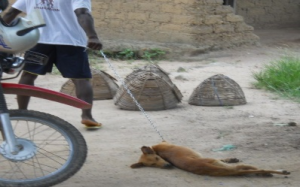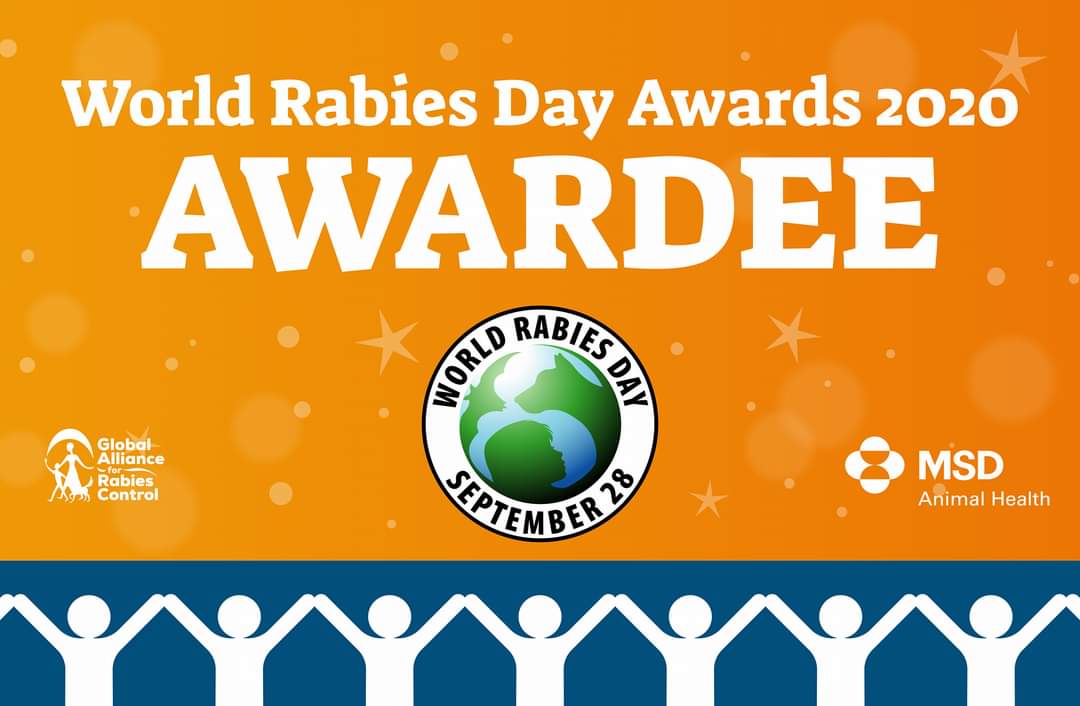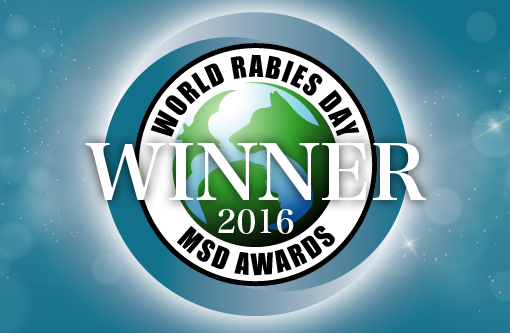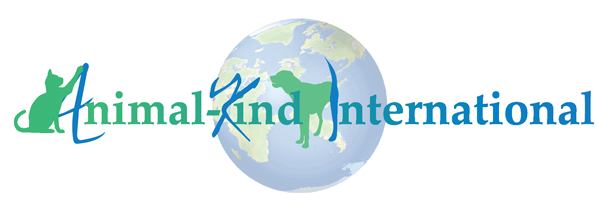 The Liberia Animal Welfare and Conservation Society (LAWCS) is a locally based animal welfare organization established in 2000 and legally registered with the government of Liberia in 2004. LAWCS renewed its legal status with the government of Liberia on January 3, 2012.
The Liberia Animal Welfare and Conservation Society (LAWCS) is a locally based animal welfare organization established in 2000 and legally registered with the government of Liberia in 2004. LAWCS renewed its legal status with the government of Liberia on January 3, 2012.
The overall aim of LAWCS is to contribute to the conservation of nature by promoting the well being of animals, humans and the environment, thus fostering the ideals of the animal welfare movement and conservation of nature in Liberia.
The vision of LAWCS is to create a society where the welfare of all forms of nature matter.
The campaign against pet eating was organized to discourage people from eating pets and encourage them to show their innate love, compassion and to have empathy for their pets.
Liberia is home to many thousands of companion animals. Animal Welfare in Liberia is an important issue though usually overshadowed by other issues deemed as having higher priority toward the development of post-war Liberia. Animal Welfare in Liberia is a major challenge since cruelty to animals is rampant. Sixty percent of households in Liberia raise pets. Forty five percent of these eat pets. The method of killing these pets is unethical and inhumane. Dogs and cats are killed through beating and strangling. These acts are very common in all parts of the country.
One major obstacle to animal welfare in Liberia is lack of awareness education to discourage people from eating pets and lack of supportive legislation.
With funds from Alice Morgan Wright/Edith Goode Trust and Best Friends Animal Society, USA, the Liberia Animal Welfare and Conservation Society was able to reach and inspire many Liberians with focus on the younger generation.
We believe that in order to end pet eating gradually in Liberia it must take root in the hearts and minds of the younger generation, with their participation in spreading the message to promote the welfare of pets in their families. This was the first time in Liberia that people were encouraged to love their pets and stop eating them as food.
The awareness will give people the courage to say “No” to cat and dog meat. Pet eating cannot be totally eradicated right away. But, we believe that encouraging people to say “No” to cat and dog meat is an important step that will influence people to develop the passion to show their empathy and innate love for their pets.
Some of the achievements during the campaign:
-We visited 15 schools and 9 communities.
-We reached 2073 children and 1040 adults with the education program.
-We held three days of a radio talk show in three of the seven districts in Lofa County.
-We printed and distributed 2600 copies of literature on “What wrong with eating pets“.
-We organized an Animal Kindness Club in each of the 15 schools with 15 members each to spread and promote the message in their respective schools and communities.
-We prepared, printed and distributed forms to all the 15 schools for students who believe that our campaign program was useful. Students who agreed to stop eating pets wrote their names on the form and signed it.
-We received 806 signatures during our campaign from students who said that they will stop eating dog meat.
Summary:
Lofa County has seven districts, LAWCS reached three of the seven districts. Five schools were selected in each of the three districts. Town hall meetings were held in three communities in each of the three districts with the community people to educate them on the welfare of companion animals and encourage them to show their compassion, empathy and innate love for their pets. The message was also given to the public through the local radio stations, where people were allowed to call in and ask questions concerning the welfare of animals. The Animal Kindness Clubs were established in the schools among the children so that they can serve as agents of change and also inspire their friends to show innate love for animals. Questionnaires were used to ascertain the students’ perceptions about pets.
Challenges/Constraints:
-Inadequate funds to reach more communities and schools.
-Inadequate capacity in animal welfare/rights education.
-People’s perception about animals.
-Poverty and ignorance.
-Few or no animal welfare policies/laws.
Recommendations:
-The Liberia Animal Welfare and Conservation Society needs funding to reach more communities and schools with the campaign program so that the event can become a national issue.
-There is a need for international animal welfare training institutions/organizations to provide scholarships for LAWCS members to acquire skills in veterinary science, animal behavior etc.
-All those individuals/organizations that have animal welfare at heart and are willing to empower LAWCS to help the animals in Liberia can donate online at www.liberiaanimalwelfaresociety.org or can contact us at lawslofa001@yahoo.com for other means of donating to us.
Appreciation:
We want to extend our thanks and appreciation to Alice Morgan Wright/Edith Goode Trust and Best Friends Animal Society for their support toward the implementation of our campaign against pet eating. It would have been possible for the implementation of the project without their support. In particular, we want to thank Joan Orr of Doggone Safe Canada, Donna Pease of Humane Society International and for recognizing and supporting the work of the Liberia Animal Welfare and Conservation Society.
We would also like to thank all those who worked with LAWCS to implement the activity.
How You Can Help:
Donate online at www.liberiaanimalwelfaresociety.org or can contact Morris Darbo at lawslofa001@yahoo.com for other means of donating.



